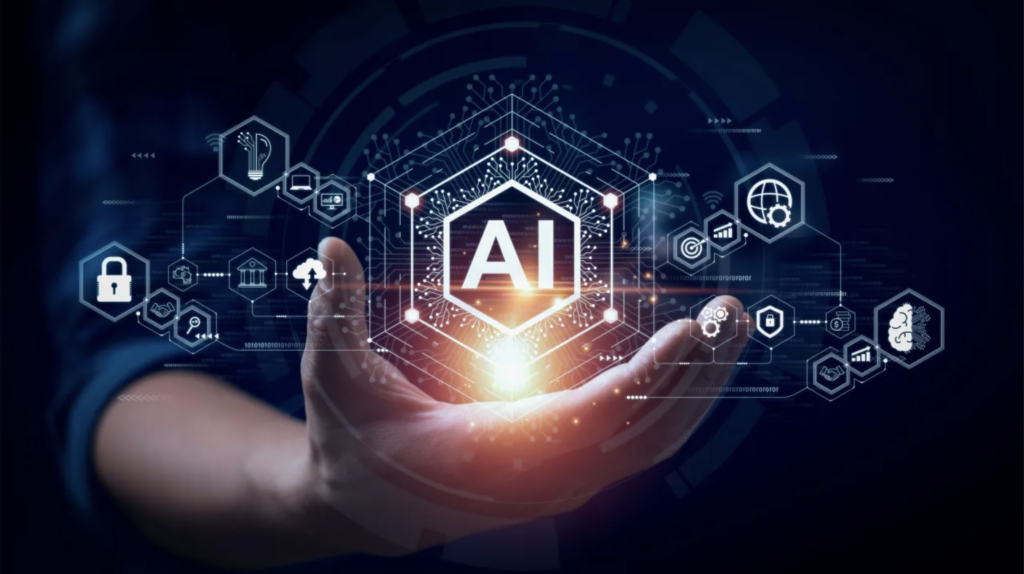In the United States alone, COVID-19 erased two decades of life expectancy growth. The U.S. also ranks lowest in life expectancy for both men and women among countries with high GDP per capita.
With a 90-95% average failure rate for drug candidates in the U.S., a 10-15 year average timeline for a drug to receive FDA approval, and skyrocketing costs to bring a drug to market, the need for a seismic shift in clinical development is crucial. Enter advanced human relevant methodologies and AI. What was once considered sci-fi is happening under our noses. And they are revolutionizing drug discovery and development.
Leaning into human-relevant methodologies such as organoids, tissue cultures, and advanced in-vitro models will transition researchers from reliance on animal testing toward a more direct study of human biology. When paired with artificial intelligence, this evolution enables us to decode the complexities of human systems like never before.
The promise of personalization in drug development once relegated to science fiction.
Human biology-based methodologies closely mimic human physiological conditions, providing a more accurate representation of how a drug will behave in the human body. This improves the relevance of the data obtained during testing.
AI’s analytical prowess through techniques such as machine learning (ML) and natural language processing combs through vast troves of biological data, identifying patterns and correlations that reveal individualized responses to drugs. The intended result? Tailored therapeutics aligned with unique genetic profiles and disease intricacies.
Reducing reliance on animal testing is a pragmatic stride forward.
Human-relevant methodologies, bolstered by AI, promise more accurate predictions of drug reactions and toxicity in humans. This expedites the drug development process while aligning with ethical concerns around animal protection. Methodologies rooted in human biology enable researchers to consider individual variations in genetic makeup, allowing for the development of more personalized and targeted treatments based on specific genetic profiles or biomarkers.
Speed and efficiency of drug discovery will skyrocket.
Additionally, human biology-based models can streamline the drug development process by providing quicker and more reliable results. This can potentially reduce costs associated with failed drug candidates and lengthy development timelines. AI algorithms efficiently scan and analyze massive datasets, identifying potential drug candidates and their efficacy. This acceleration paired with cost reductions could transform the economics of drug development, making it more accessible and affordable.
The marriage of human-relevant methods and AI catalyzes innovation.
By studying human biology at a cellular and molecular level, we uncover novel insights into the causes of diseases, leading to the identification of new drug targets and innovative therapeutic approaches. Advances in technologies such as organoids, microphysiological systems (MPS), induced pluripotent stem cells (iPSCs), and high-throughput screening methods enhance the feasibility and effectiveness of human biology-based drug discovery and development.
In turn, AI sifts through data to unveil novel drug targets and pathways, opening doors to therapeutic avenues that traditional methods may have overlooked. Clinical trials are often a bottleneck in drug development and can stand to benefit immensely. AI assists in trial design, patient selection, and predicting responses to treatments, enhancing their effectiveness, and reducing the time to bring new therapies to market.
The beauty of this synergy lies in continuous learning.
AI systems evolve and improve with new data, fine-tuning their predictive capabilities. AI perpetually refines drug development strategies. Marrying human-relevant methodologies with AI heralds a new era in drug discovery and development. This transformation holds the promise of groundbreaking treatments and fundamentally reshapes the way we approach healthcare. An era of precision, personalization, and accelerated innovation is upon us.
This is the future that the Center for Contemporary Sciences is focused on building with like-minded organizations and leaders. Expanding upon the momentum of the historic FDA Modernization Act 2.0 – of which CCS was instrumental in propelling forward in Congress – we are spearheading a future of sustainable health for humans and animals. A future where more “shots on goal” are made in terms of cures for cancer, Alzheimer’s, complex, and chronic diseases. A future where lifesaving (and quality of life-enhancing) therapeutics are made more effective, economical, affordable, and accessible.
Keep your eyes on CCS as we embark on a large-scale initiative to transform drug discovery and development. Join us in helping reduce needless suffering and extend healthy life.

